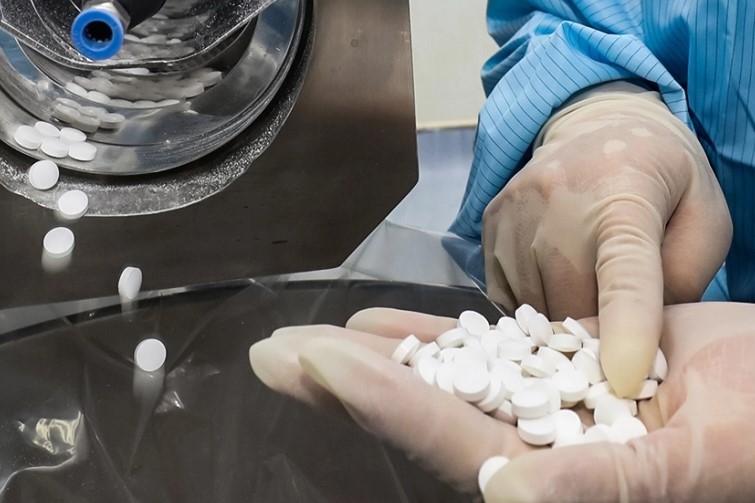New Cochrane Review shows chloroquine doesn’t help people with COVID-19
 Cape Town | Hydroxychloroquine does not reduce deaths from COVID-19, and probably does not reduce the number of people needing mechanical ventilation, state the authors of a new Cochrane Review. In addition, they note that no new trials of hydroxychloroquine or chloroquine for treating COVID-19 should be started.
Cape Town | Hydroxychloroquine does not reduce deaths from COVID-19, and probably does not reduce the number of people needing mechanical ventilation, state the authors of a new Cochrane Review. In addition, they note that no new trials of hydroxychloroquine or chloroquine for treating COVID-19 should be started.
Authors based in India, South Africa, and the UK (Liverpool School of Tropical Medicine, the University of Liverpool, Royal Liverpool University Hospital) undertook this systematic review of studies that used chloroquine or hydroxychloroquine for treating or preventing COVID-19 disease. They searched for studies that examined giving chloroquine or hydroxychloroquine to people with COVID-19; people at risk of being exposed to the virus; and people who had been exposed to the virus.
The public demand for a COVID-19 cure fuelled speculation that the drug might be effective, but this was based on unreliable research that did not meet the inclusion criteria of this review. The then US President Trump declared chloroquine a “game changer” about a year ago, leading to global demand and confusion. The research community rapidly organised large trials which demonstrated no evidence of effect, and these trials are summarised in this review.
The review authors included 14 relevant studies: 12 studies of chloroquine or hydroxychloroquine used to treat COVID-19 in 8569 adults; and two studies of hydroxychloroquine to stop COVID-19 in 3346 adults who had been exposed to the virus but had no symptoms of infection. Included studies were from China (4); Brazil, Egypt, Iran, Spain, Taiwan, the UK, and North America (each 1 study); and a global study in 30 countries (1 study). Some studies were partly funded by pharmaceutical companies that manufacture hydroxychloroquine.
“This review offers conclusive evidence that hydroxychloroquine has no impact on clinically important outcomes for both the prevention and treatment of COVID-19. It is also likely that hydroxychloroquine caused more unwanted effects than placebo in the trials undertaken,” said South African author, Tamara Kredo from Cochrane South Africa. “I think this underlies the importance of ensuring that we have reliable evidence even in an emergency situation like this pandemic where there is public pressure for rapid treatments and prevention options.”
Senior author Dr Tom Fletcher said: “This review certainly should put a line under using this drug to treat COVID-19, but some countries and health providers are still caught up in the earlier hype and prescribing the drug. We hope this review will help these practices end soon”.
NOTE TO THE EDITOR:
More about the Review
This Cochrane Review was co-ordinated by the Cochrane Infectious Diseases Group (CIDG), which has its editorial base at LSTM. The CIDG has been in operation since 1994 and consists of over 600 authors from 52 countries. It is funded by UK aid from the UK government for the benefit of low- and middle-income countries. The views expressed do not necessarily reflect the UK government’s official policies.
More about Cochrane
Cochrane South Africa (SA) is an internal research unit of the SAMRC and is part of the global, independent Cochrane network of researchers, professionals, patients, carers and people interested in health. Cochrane is a non-profit organisation that prepares and disseminates information (in the form of reviews) on what works and what doesn’t in health care. These reviews enable policy makers, health service providers and the public to make informed decisions about healthcare.
REVIEW ENQUIRIES
Michelle Galloway
Communications Officer: Cochrane SA
Cell: +27 84 6044955
E-mail: michelle.galloway@mrc.ac.za

